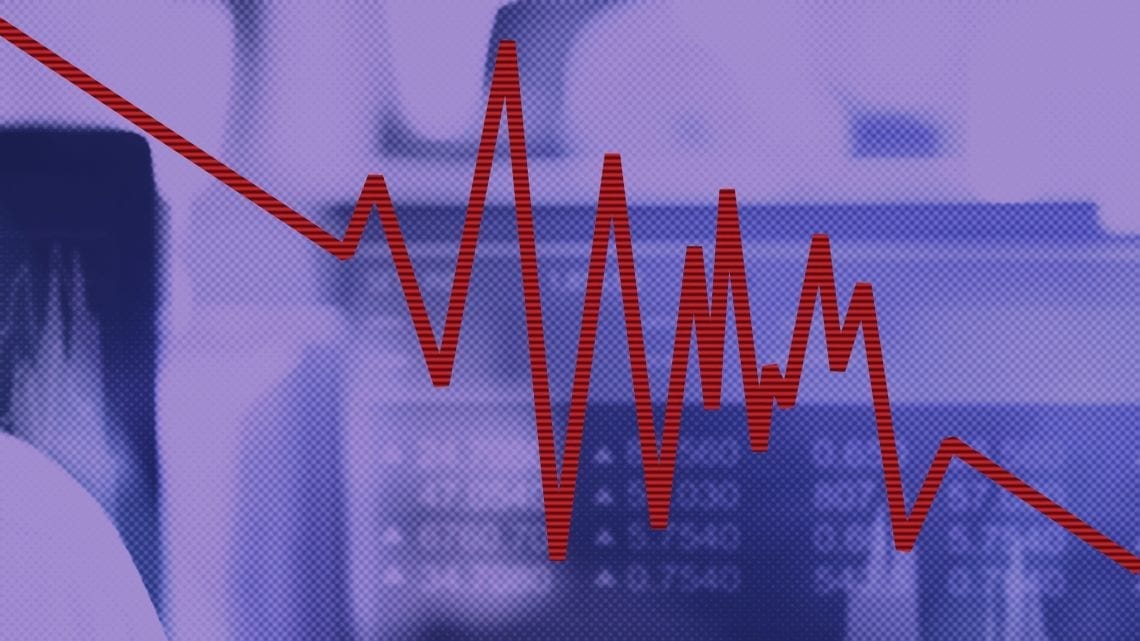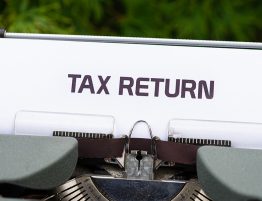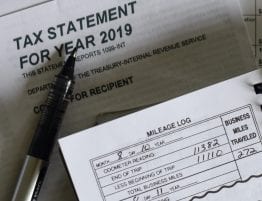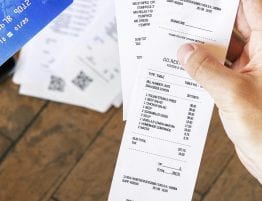
With the coronavirus pandemic and the tax filing season going on, the IRS has to once again manage more with less. The coming months will become even more challenging for the IRS if recession sets in. How does a recession impact taxes?
It has been observed that during recessions, the tax gap increases, which means that the amount of taxes owed to the government is more than the amount of taxes paid to the government. Tax gap can be due to overstating deductions and/or understating income.
This is where the IRS tax reporting enforcement comes in. The IRS has to detect underreporting of income, which is not that simple considering the many creative ways some taxpayers use to avoid revealing all of their income to the IRS. CPA Practice Advisor investigates:
“The Committee report suggests that 84 percent of the tax gap for the periods of 2008-2010 was attributed to underreporting of income, most of which is subject to little or no tax information reporting, mostly from self-employment. It’s the type of income reported on Forms 1099.
Tax information reporting by companies, therefore, will be critical to narrowing the tax gap in the next recession. Evidence suggests that taxpayer compliance rates hover around 82 percent when income is reported to the IRS on an information return. Taxpayers pay taxes on reported income. They’re less likely to pay taxes on income the IRS doesn’t know exists. In need of revenue, the IRS will very likely focus even more on enforcing reporting regulations during a recession than it does when the economy is strong.
Tax information reporting enforcement during an economic downturn
One potential avenue the IRS could take for keeping the tax gap minimal, as mentioned specifically in the Committee’s report, would be to focus on 1099-K reporting. Third-party settlement organizations such as ride-share and home-share services use the 1099-K to report payments to service providers.
The IRS is somewhat handcuffed by the high threshold for reporting a 1099-K, currently set at $20,000 and 200 transactions per year. But if Congress decides to lower the threshold, as some states already have, the result would be a revenue boon for the IRS and could provide a major boost for closing the tax gap during a recession.
Self-employment income of the type reported on the 1099-K has grown rapidly since the last recession, and that type of income was already the primary driver of the growth of the tax gap during the downturn a decade ago. Strict enforcement of 1099-K reporting seems like an inevitability in the next recession. For taxpayers, that means ride-share drivers might receive unexpected tax forms. For companies, it could lead to an explosion in 1099-K reporting volume.
Another target could be cryptocurrency revenues. Although the IRS has still not clarified its own rules for crypto reporting, it is already informing individual investors that they must certify under penalties of perjury that they are in compliance with crypto tax regulations.
Significant gaps in reporting of crypto gains and losses could be contributing upwards of $25 billion a year to the tax gap, and the IRS has already promised forthcoming guidance to help enforce compliance. Like ride-share drivers, crypto asset owners could find some new forms in the tax information they receive in January. In turn, crypto trading exchanges will almost certainly have to deal with significant increases in reporting volume.
Of course, in a pinch for revenues, the IRS is likely to step up enforcement of 1099 reporting in general, including the 1099-MISC and, as soon as it comes into use, the 1099-NEC. Increased backup withholding enforcement, launched by IRS in July this year is already targeted at the 1099-MISC and will continue to grow as the program expands to add more Forms 1099 to the penalty process.
Preparing for tax in a period of recession
Making sure that tax reporting processes are centralized and automated should be a priority for companies in preparing for a recession. Spikes in form volume could catch unprepared companies off guard and leave them vulnerable to reporting errors and penalties. During a recession, when every penny is precious, expensive nuisance costs such as IRS penalties are the last expenses a company wants to incur.
Moreover, recessions inevitably lead to a reduction in headcount. Those without centralized and automated reporting processes will very likely suffer from inefficiency, leading to reporting delays and errors, and ultimately to penalties. Hiring and paying experienced professionals to react to and implement regulatory changes will not be financially feasible, so finding alternative methods to track and implement changes to mandates is critical to avoiding risk.
A strong economy presents an opportunity to get tax information reporting under control and boost efficiency while minimizing risk. The time to centralize and automate reporting processes is now, before a recession makes the task not only more complicated but also more necessary.”
Fill out the form for a free and confidential consultation.








